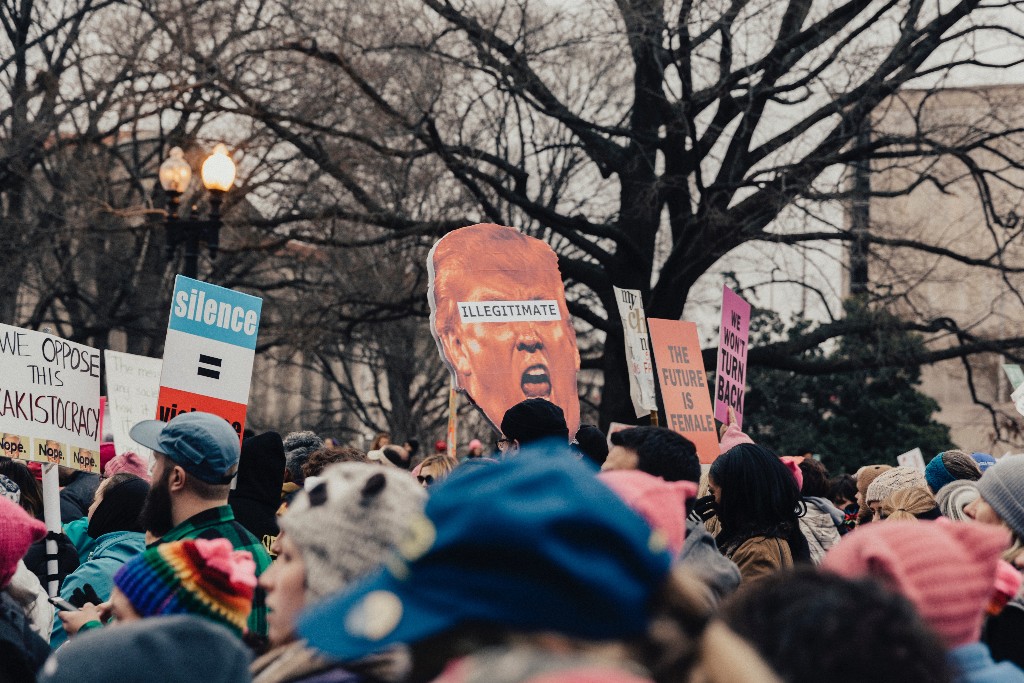A federal judge decided that a lawsuit against D.C. police over arrests and disproportionate use of force on the day of President Donald Trump’s inauguration can move forward.
The lawsuit was filed by the American Civil Liberties Union (ACLU) of D.C. on behalf of six people who were allegedly subjected to violations of their rights by D.C. police on 2017’s Inauguration Day.
On September 27, the U.S. District Court for the District of Columbia ruled against D.C.’s motion to dismiss the claims.
“Today’s ruling is a significant victory for the Constitution and the rule of law. The core of our case is moving forward, including at least one claim about each of the types of misconduct our clients experienced that day: mass arrest, excessive force, injurious handcuffing, denial of detainees’ basic needs, and an intrusive search,” said Scott Michelman, Legal Co-Director of ACLU-D.C., who represents the plaintiffs.
He emphasized that D.C. police’s treatment went beyond arrests and attacks, creating a chilling effect over the public in terms of the exercise of First Amendment rights in the nation’s capital.
Elizabeth Lagesse, an Inauguration Day protestor, who is one of the plaintiffs in the case, was quoted by ACLU as saying “I’m pleased the judge is allowing our case to proceed… I think about what happened that day every time I consider participating in a protest. The abusive actions of the police that day conflict with the basic principles of a free society, and this case is about making sure that dissent is respected and protected in the future.”
The District, 28 Metropolitan Police Department officers, and police Chief Peter Newsham are charged with “indiscriminate pepper-spraying; making improper arrests; denying detainees food, water, and access to toilets; and violating the First Amendment rights of protestors on January 20, 2017,” according to a press release by ACLU, which added that among the protestors are a photojournalist, a legal observer, and an individual who was 10 years old at the time of the incident.
Two of the plaintiffs in the case complained about being exposed to manual rectal probe searches while in custody. “I feel like I was raped,” said Shay Horse, a photojournalist, had said about the experience.
On the other hand, the judge permitted the government’s motion to dismiss some of the claims.

